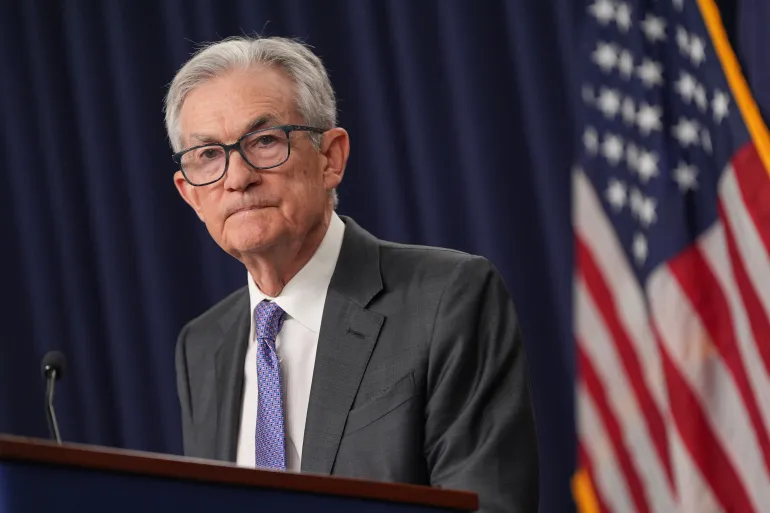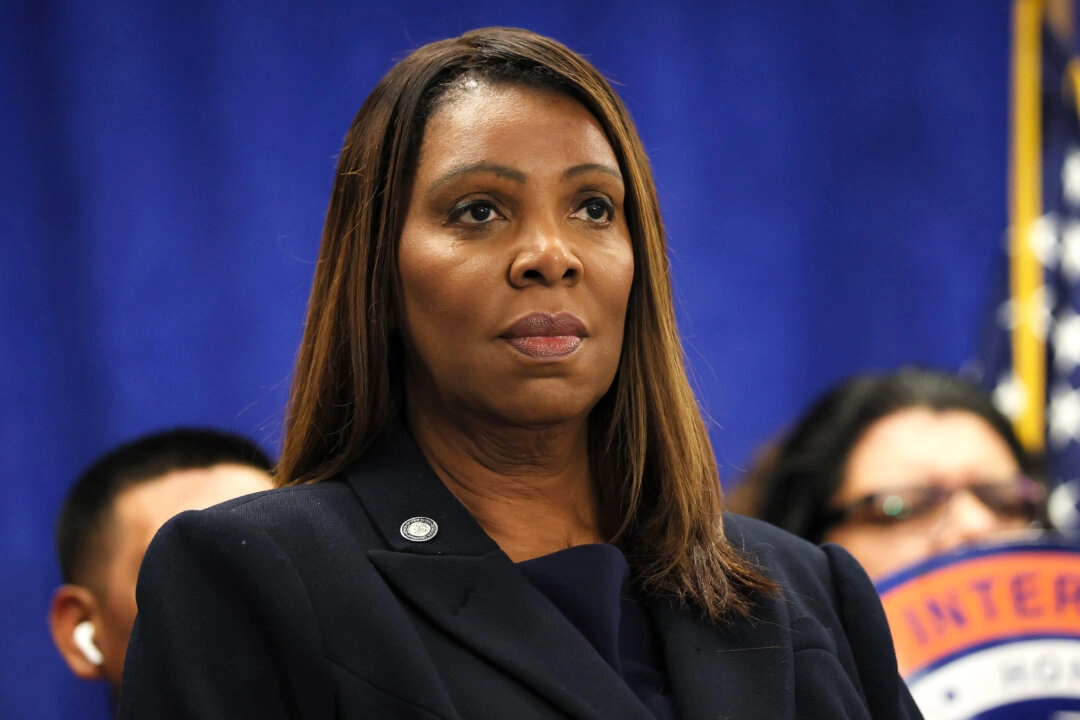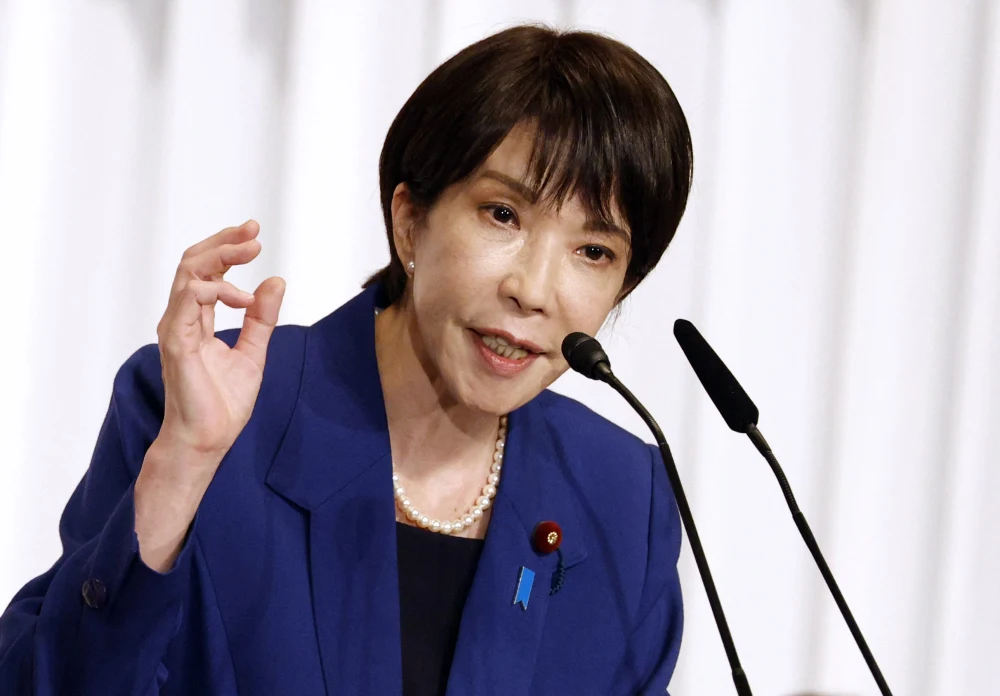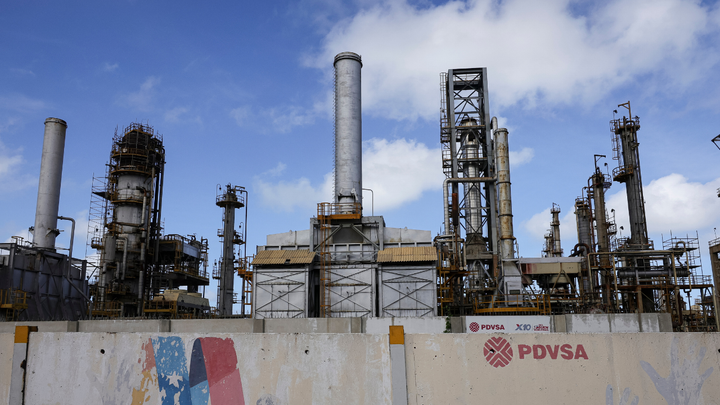79 children have been killed between September 1st and November 20th in South Africa's notorious Cape Flats, the Western Cape's gang crime hotspot.
The communities that span the Cape Flats have been labeled as some of the most dangerous areas in South Africa, with locals referring to these areas as 'no-go zones'. This is due to extreme levels of poverty, high levels of gang membership, proximity to Nigerian and Congolese gangs, and the free flow of high-powered weapons through established gun smuggling routes.
In 2019, the national army was deployed to the Cape Flats after 73 murders were committed in a single weekend in May. However, the violence returned upon the army's departure.
Academics estimate the existence of around 100,000 gang members affiliated with 130 different gangs in the Cape Flats alone, with the city of Cape Town home to a population of just 4 million.
Gun battles in broad daylight are not uncommon in these areas, particularly between the flats' most established gangs—the Americans, the Hard Livings, and the Junky Funky Kids (JKF).
What You Need to Know
The latest killing of 14-year-old Grantham Jahmiel Van Reenan, who was fatally shot whilst walking to school in Elsies River on November 19th, has sparked outrage amongst the community, with community spokespeople calling for the establishment of a state of emergency.
Since September 1st, at least 9 children have been shot dead in Elsies River precinct alone, with a resident of the area, Nasmi Jacobs, telling News24 reporters, "Even Mandela knew that people in the Cape Flats are prisoners in their own homes, and it has only gotten worse."
According to recently released crime statistics for the first quarter of 2024/2025 (April-June 2024), murders in several Cape Flat precincts have exponentially increased. Nyanga saw a 65 percent increase in murders, while Phillipi East saw a 76.5 percent increase.
With the 79 victims all fatally shot or stabbed, community members have pointed to the area's rampant gang presence as a key driver of the violence, claiming police are ill equipped to deal with the scale of the problem.
Coming forward in early February, a whistleblower from the South African Police Service (SAPS) approached the media upon the condition of anonymity to shed light on the lack of essential equipment available to some of the Western Cape's busiest policing units, such as the Anti-Gang Unit.
According to the whistleblower, the SAPS emergency number system has suffered a breakdown, meaning the service's control room cannot reach the flying squad (Quick Response Unit) during an emergency.
As such, the police officer alleged that officers were relying on their personal cell phones and mobile data to stay in contact during callouts, which proves difficult in areas where the signal is unreliable.
The system breakdown was attributed to old radio systems, with the Western Cape still making use of radios first issued in the 1980s.
Gauteng Province, where Johannesburg is located, makes use of Tetra radio systems, which were rolled out in 2009.
Ian Cameron, Director of Community Safety at civic rights organization Action Society SA, claimed in November last year that, "like the anti-gang units and the Flying Squad, exposed and isolated in their efforts to protect the vulnerable in the raging gang wars in the province. The main reason for the collapse, Action Society has learned, is the fact that the radios that SAPS members are using were issued in the 1980s, and while some of them have been refurbished over the years, the system is collapsing completely."
The Western Cape's Anti-Gang Unit was established in November 2018, six months before the country's general elections, to combat gang crime in the Cape Flats. On February 23rd, just three months before the country's general election in May, SAPS announced the addition of 47 new officers to the AGU as well as the appointment of a new Brigadier to head the unit.
However, the identity of this Brigadier is still unknown. On March 1st, the local press, The Daily Maverick, sent an inquiry into the identity of the unit's new head to the Western Cape Police, with the police announcing, "Brigadier Joseph Raboliba is the commander of the Anti-Gang Unit in the Western Cape."
After this announcement, it came to light that Brigadier Raboliba had taken an offer of employment from the City of Cape Town and was not the unit's new commander.
Following two inquiries by The Daily Maverick on March 4th and March 5th, the identity of the AGU's new Brigadier is still unknown.
In recent years, the Western Cape's AGU has been plagued with scandal, including the murder of prominent AGU officer Charl Kinnear in September 2020. The lawyer for Nafiz Modack, the man accused of orchestrating Kinnear's murder, has today revealed in court that Mr. Kinnear had planned on exposing corrupt cops within the unit, prompting individuals to gun Kinnear down outside his home.
While various members connected to the AGU appear in court, facing various murder and corruption charges, the murders continue in the Cape Flats, with those tasked with responding to the violence relying on mobile data with the hope that the suburb in which an individual was murdered has a signal.
This leaves the area's children, who lack role models due to the flight of the successful few out of the area and into more stable provinces, at the mercy of the multitude of gangs who essentially control the Cape Flats.
As such, Elsies River Community Policing Forum (CPF) spokesperson Imraahn Mukaddam has called on the government to do something, stating, “The urgency of our gang and crime situation needs to be recognized by the state because the way things are going now, it looks like we're in for a very bloody festive season if we don't have a state of emergency declared."















Discussion